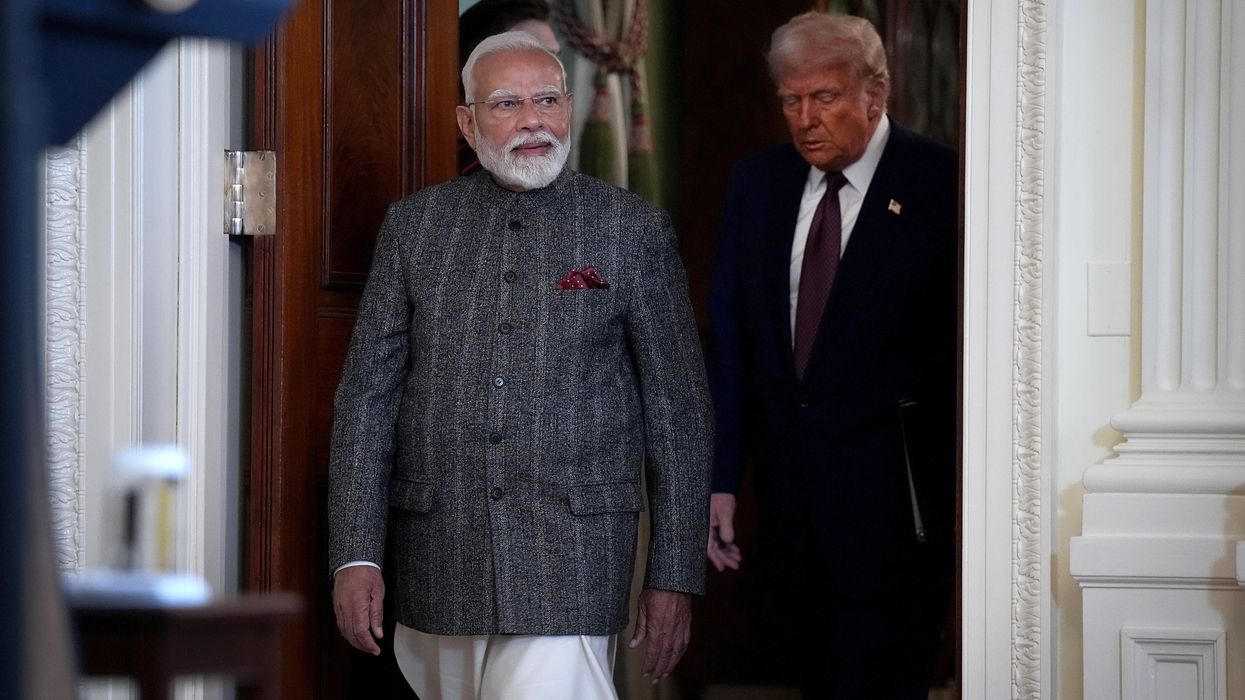BRITAIN’s first hijab-wearing judge wants to ensure “the sound of diversity is heard loud and clear”, and inspire young Muslims to “follow their dreams”.
Raffia Arshad, 40, who has been appointed as deputy district judge in the Midlands circuit, said her elevation was “not just a personal success”, but an achievement that belonged to “everyone from a diverse background”.
“I hope this story inspires many others to achieve their goals,” she said in a tweet.
“I stood for who I am throughout my career and though others occasionally tried to trip me up, it never caused me to fall or prevented me from achieving my goals.”
This is not just a personal success, this achievement belongs to everyone from a diverse background and I hope this story inspires many others to achieve their goals. https://t.co/Dc3rDcvODT
— Raffia Arshad (@RaffiaArshad1) May 26, 2020
The Midlands-based mother-of-three said she had been attracted to the legal profession from the age of 11. She overcame a lot of prejudices and inhibitions to become a successful barrister, and now a judge.
“It’s odd because it’s something I’ve been working towards for a number of years and I always imagined I’d be absolutely ecstatic when I found out,” she told the Metro.
“It’s definitely bigger than me, I know this is not about me. It’s important for all women, not just Muslim women, but it is particularly important for Muslim women.”
Arshad said she was getting overwhelmed with congratulatory and encouraging messages from people.
“It’s the ones from women that stand out, saying that they wear a hijab and they thought they wouldn’t even be able to become a barrister, let alone a judge,” she added.
I love to hear from people who have been inspired by my story. You don’t need to push yourself when you have a vision, it pulls you. https://t.co/jtZZol3Hx5
— Raffia Arshad (@RaffiaArshad1) May 23, 2020
Arshad, who grew up in West Yorkshire, said she faced many instances discrimination at work – “sometimes on a daily basis”.
An usher recently mistook her to be a client or interpreter, she said.
“I have nothing against the usher who said that, but it reflects that as a society, even for somebody who works in the courts, there is still this prejudicial view that professionals at the top end don’t look like me.”
Arshad recalled that one of her own relatives had cautioned her against wearing a hijab to scholarship interview at the Inns of Court School of Law in 2001.
She was flummoxed on being told that the hijab could hinder her chances, but chose not to compromise.
“I decided that I was going to wear my headscarf because, for me, it’s so important to accept the person for who they are and if I had to become a different person to pursue my profession, it’s not something I wanted,” she said.
She succeeded to bag the scholarship, which became “one of the most profound first steps” in her career.
It was a solid “yes, you can do this” moment in her life.
After training in London and pupillage in Nottingham, Arshad joined St Mary’s Family Law Chambers in 2004. She has practised in private law, and handled cases involving children, forced marriage, female genital mutilation, and Islamic law issues.
The joint heads of St Mary’s Family Law Chambers said Arshad’s appointment as judge was “richly deserved and entirely on merit”.
“Raffia has led the way for Muslim women to succeed in the law and at the Bar and has worked tirelessly to promote equality and diversity in the profession,” said Vickie Hodges and Judy Claxton.
Arshad said the judicial office was doing its “utmost to promote diversity”, adding that “they appointed me they didn’t know I was going to be the first hijab-wearing judge”.
“I’ve been appointed on merit, not because I wear a hijab,” she said.
According to Arshad, one main issue that holds women back is the “Imposter Syndrome”.
“There are many times I’ve been in a courtroom and I suddenly think: ‘Am I good enough?’”
She hopes more young women shake themselves free of this syndrome, and shatter the glass ceiling.
“Now it’s up to me to be that voice for them, to make sure the sound of diversity is heard loud and clear and that it gets to the appropriate places,” she said.











